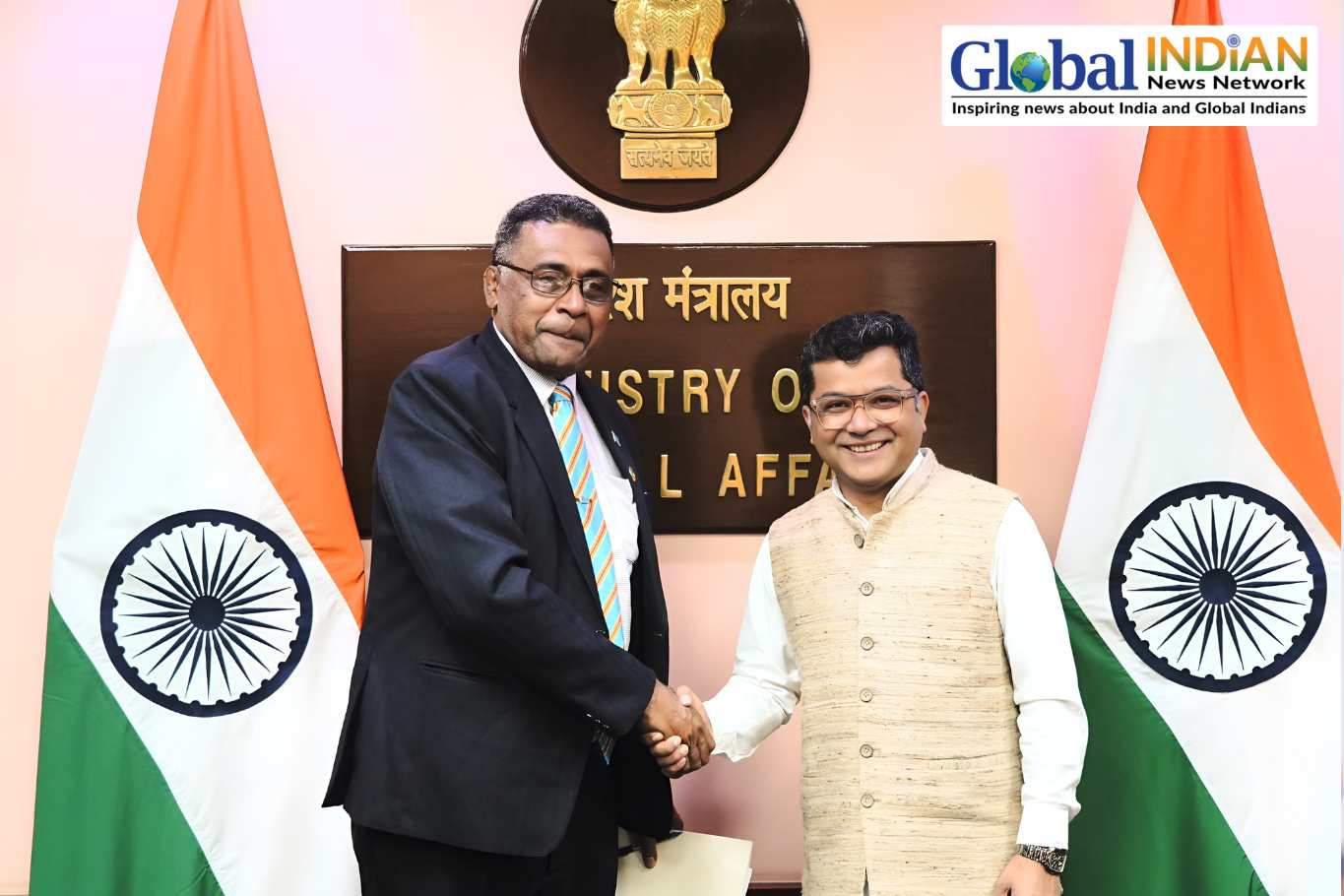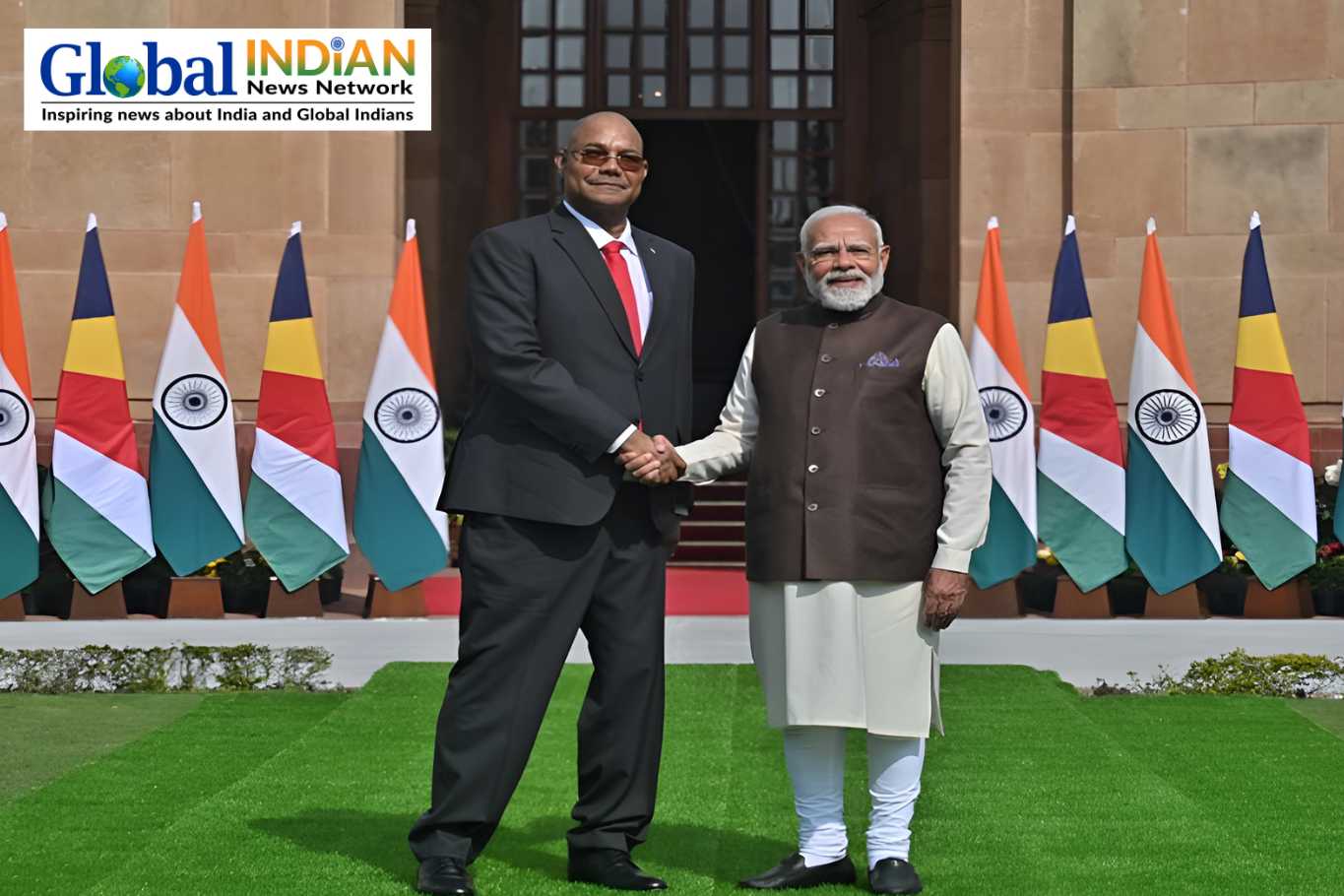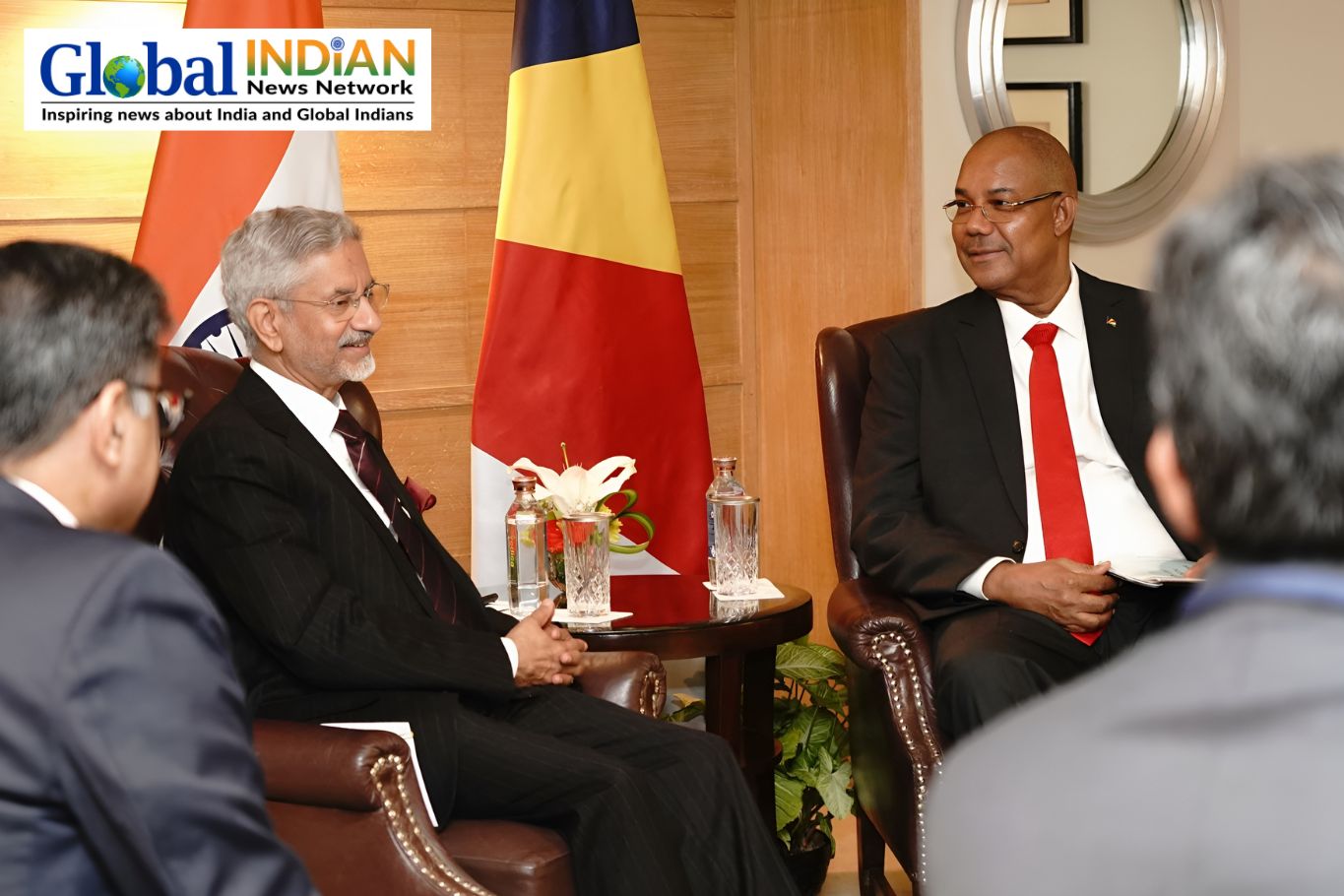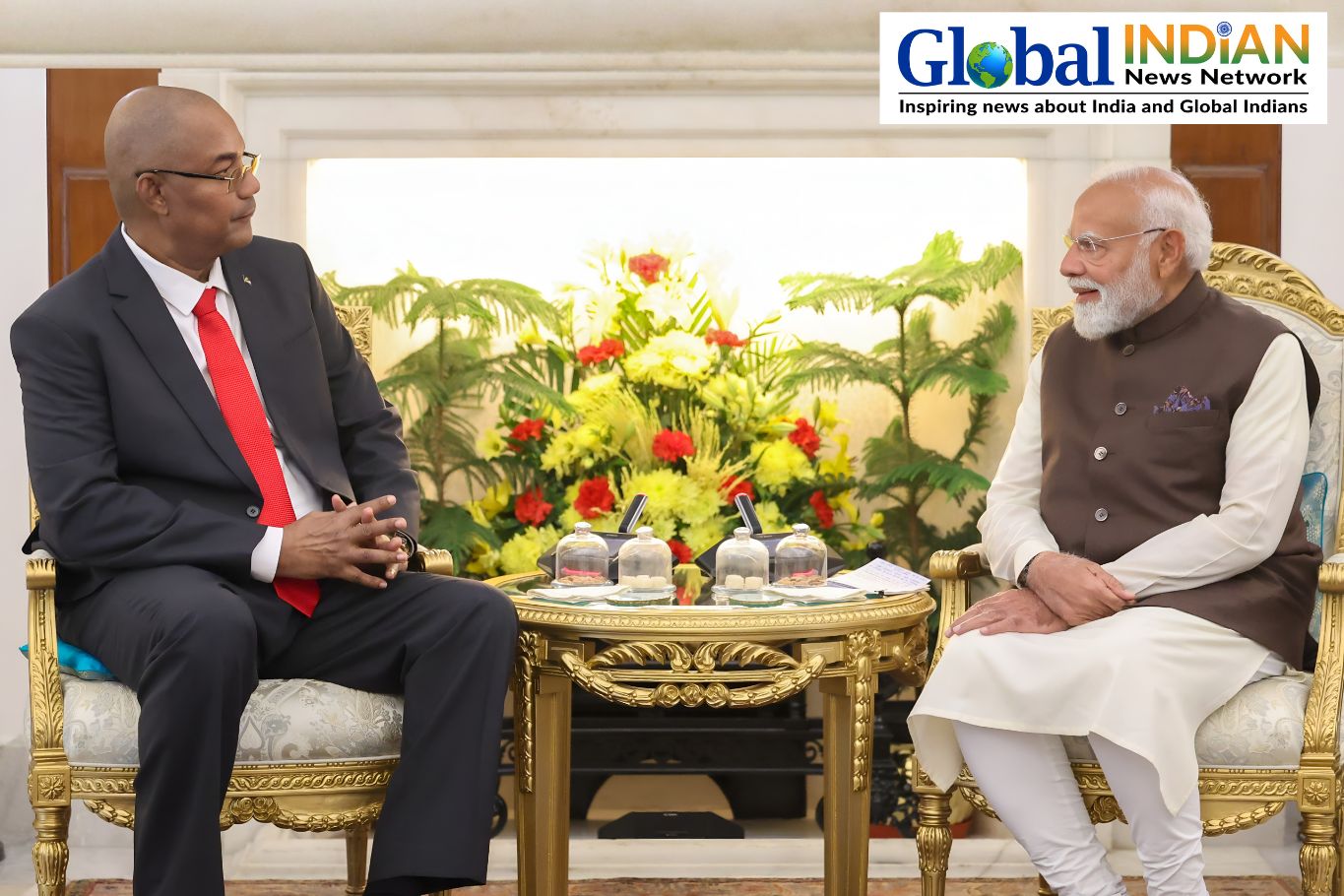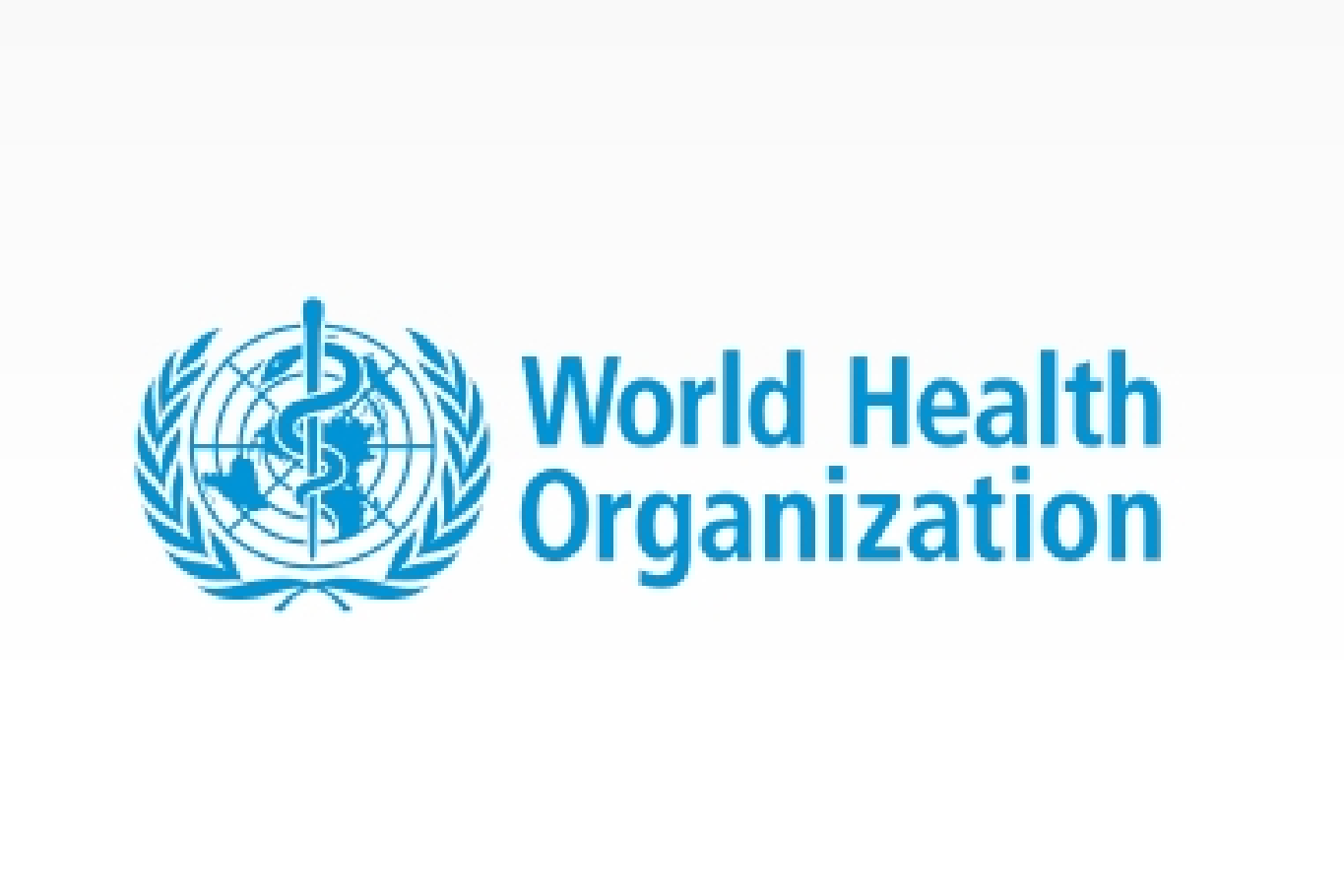
Traditional medicine is utilized by billions globally for health and wellness. At a recent signing ceremony in Geneva, the Government of India pledged $85 million over the next decade (2022–2032) to support the WHO Global Traditional Medicine Centre. This significant investment will bolster efforts to strengthen the evidence base for traditional medicine, focusing on policies, practices, products, and public usage through comprehensive data collection and research.
This $85 million commitment is part of a larger $250 million investment by India in the WHO Global Centre for Traditional Medicine, which was established in 2022. The funds will support various aspects of the Centre’s work, including its operational plans, interim facilities, and the construction of a new building. This contribution will enhance the WHO’s ability to address traditional medicine across its technical divisions and global regions, fostering international collaboration and solidarity. Additionally, a portion of this funding will be included in WHO’s Investment Round for 2025–2028 to support the organization’s core activities.
Dr. Bruce Aylward from WHO praised India’s leadership in advancing evidence-based traditional medicine, emphasizing its importance in reaching underserved populations and integrating traditional practices into national health systems to promote universal health coverage.
Vice Minister Vaidya Rajesh Kotecha highlighted that the donor agreement marks a significant step towards fulfilling the shared vision of Indian Prime Minister Narendra Modi and WHO Director-General Tedros Adhanom Ghebreyesus for developing the WHO Global Traditional Medicine Centre in Jamnagar, India. Ambassador Arindam Bagchi reinforced India’s commitment to strengthening global traditional medicine systems and supporting WHO’s mission to serve humanity.
The WHO Global Traditional Medicine Centre serves as a hub of knowledge focused on research and evidence, primary health care, Indigenous knowledges and biodiversity, digital health applications, and organizing the biennial WHO Global Traditional Medicine Summit. Led by Dr. Shyama Kuruvilla, the Centre is instrumental in advancing these areas of work.
The first WHO traditional medicine global summit took place in August 2023 in Gujarat, leading to the Gujarat Declaration, a multistakeholder action agenda. The next summit is planned for November 2025, coinciding with the unveiling of the 2025–2034 Global Strategy for Traditional Medicine at the 78th World Health Assembly in May 2025.
India’s support for traditional medicine extends through various partnerships with WHO. In 2023, India signed a five-year agreement to aid the WHO’s Traditional, Complementary, and Integrative Medicine (TCI) unit. This unit contributes to the development of a new WHO global strategy for traditional medicine and publishes critical documents and technical products to ensure the safe and effective integration of traditional medicine into national health systems. The Centre and TCI collaborate with WHO teams worldwide to advance a unified approach to traditional medicine across headquarters, regional offices, and country offices.

